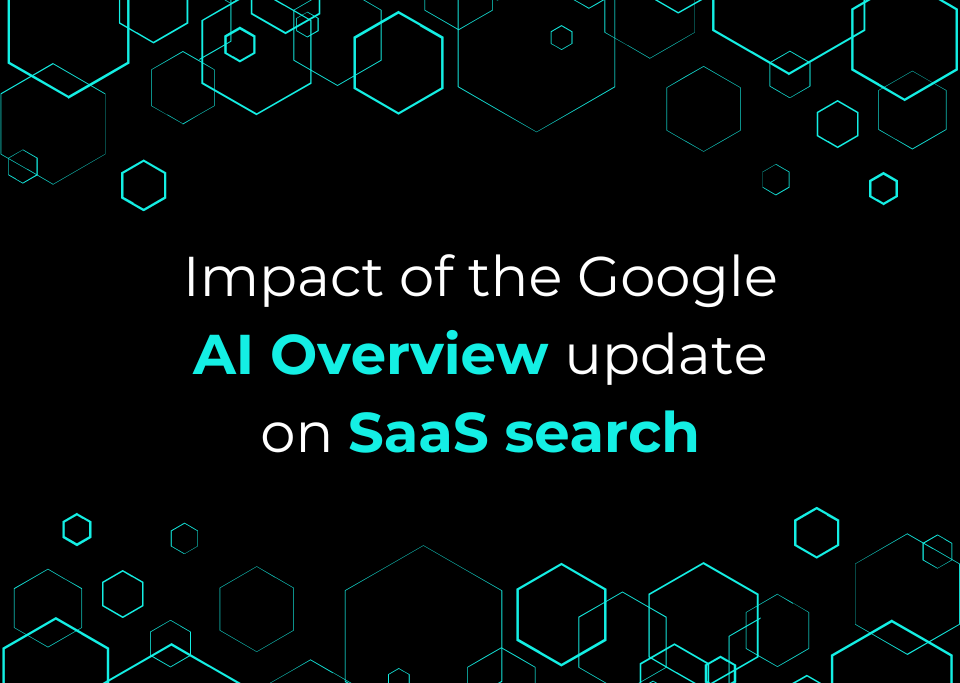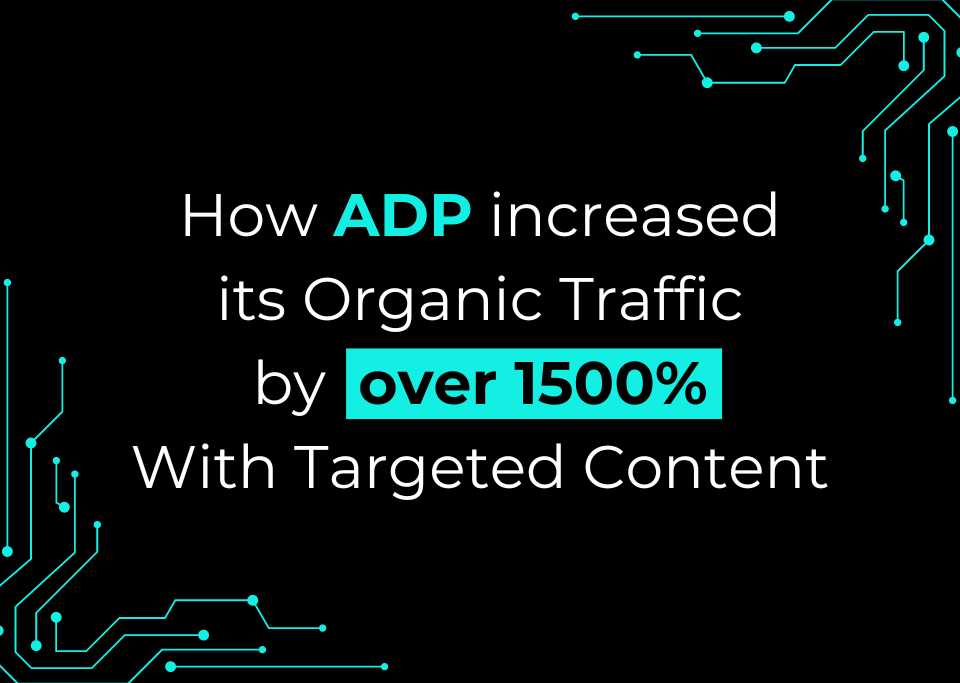Impact of the Google March Core update on SaaS search
Every year, Google releases at least one core algorithm update – this year was slightly different, with two large algorithm updates being announced Tuesday, March 5th, 2024 via Google’s Search Status Dashboard. This was the first time Google has pushed two different algorithm changes within the same day, one being a change to the core algorithm and the other being focused purely on reducing webspam within the SERPs (Search Engine Result Pages).

Along with these updates, Google has also made quite a few changes to their Spam Policies page, although these mostly align with the wide ranging changes made to the algorithm itself.
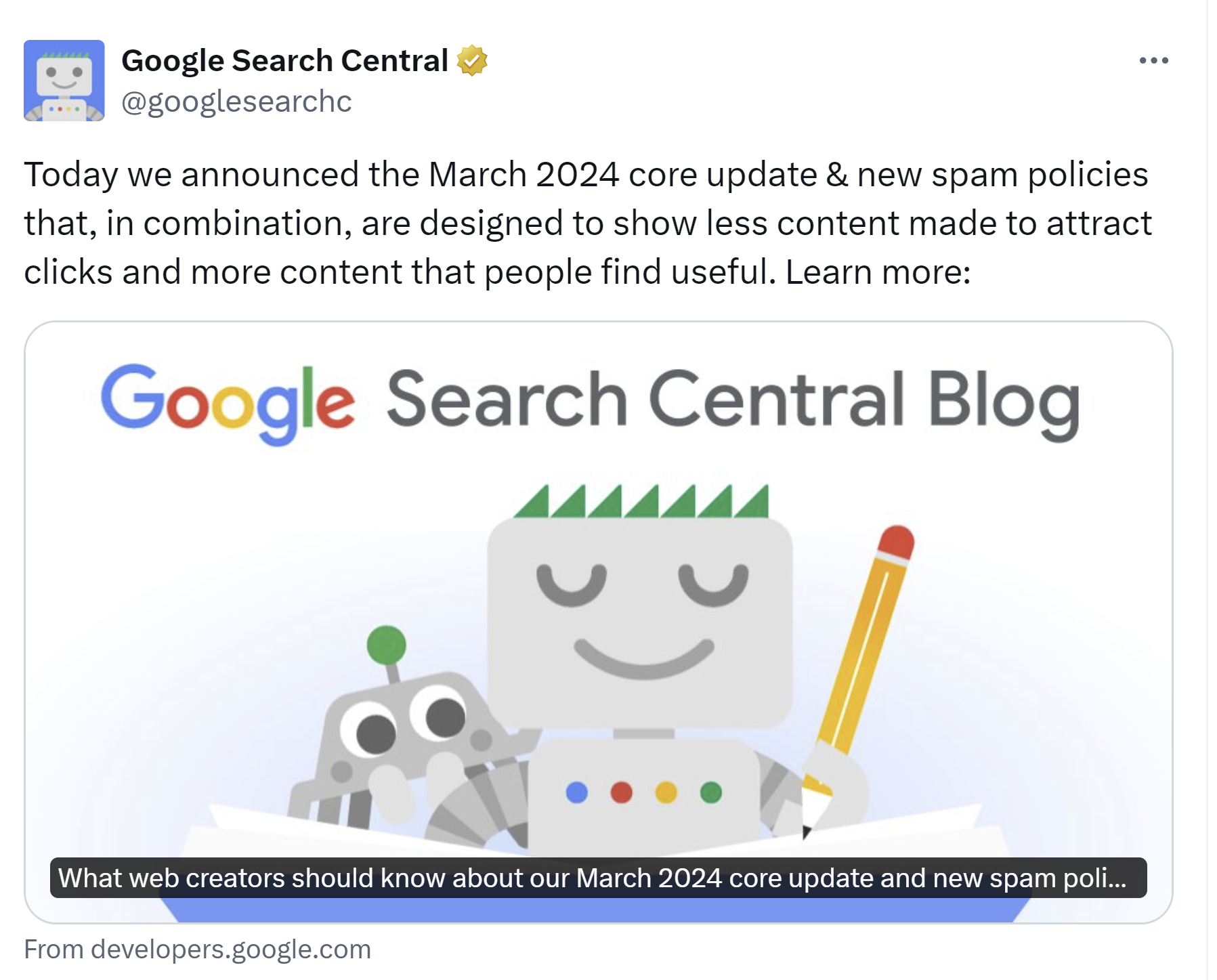
What is the purpose of these updates?
Google states that the updates are designed to “reduce spammy, unoriginal search results by 40 percent” and based on the communications from Google it seems that they are going after 3 core tactics:
- Scaled content abuse – Automation to generate low-quality content at scale
- Site reputation abuse – Established websites hosting irrelevant content from 3rd parties
- Expired domain abuse – Repurposing expired domains with the intention to publish low quality content
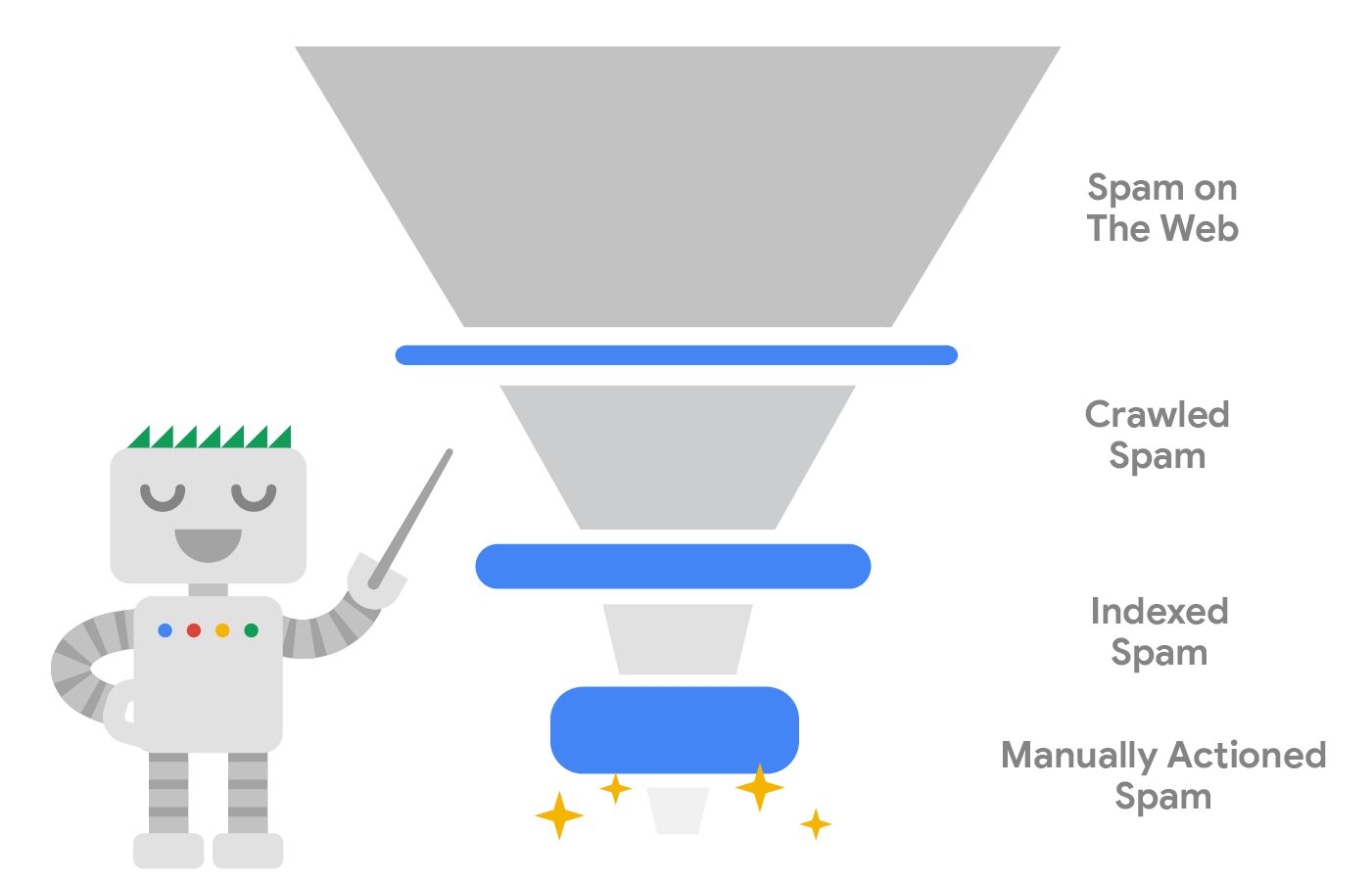
How does Google classify these tactics?
The updates to Google’s Spam Policies page gives some good insight into the exact practices that Google is targeting:
Scaled Content Abuse
Google has made it clear that they are taking a harsher approach to weeding out spam generated via programmatic SEO techniques, specifically calling out AI generated content for the first time.
The following text was added to the Spam Policies page at the same time as the update was announced:
| Scaled content abuse is when many pages are generated for the primary purpose of manipulating search rankings and not helping users. This abusive practice is typically focused on creating large amounts of unoriginal content that provides little to no value to users, no matter how it’s created.
Examples of scaled content abuse include, but are not limited to:
If you’re hosting such content on your site, exclude it from Search. |
|---|
Site reputation abuse
Many website owners have always looked for quick wins to generate traffic & leads, one such practice was paying authoritative / established websites to host content for them for the purpose of ranking advertorial content or doorway pages for competitive keywords, using the host website’s good standing within Google to achieve this goal.
Google detail more information within their Spam Policies page:
| Site reputation abuse is when third-party pages are published with little or no first-party oversight or involvement, where the purpose is to manipulate search rankings by taking advantage of the first-party site’s ranking signals. Such third-party pages include sponsored, advertising, partner, or other third-party pages that are typically independent of a host site’s main purpose or produced without close oversight or involvement of the host site, and provide little to no value to users.
Illustrative examples of site reputation abuse include, but are not limited to:
If you’re hosting pages that violate this policy, exclude that third-party content from Search indexing. Examples that are NOT considered site reputation abuse include:
|
|---|
Expired domain abuse
The practice of using expired domains has been around for almost two decades, the appeal of piggybacking on top of an old website’s historic authority to achieve quick results for a business is often too good to turn down.
While it has been a common practice and in most cases the domains are being used for genuine websites, there is a growing number of webmasters using this tactic in conjunction with “Blackhat” tactics to quickly rank low quality / spam content within search results for monetary gain.
Google detail the types of practices they aim to nullify within their Spam Policies page:
Expired domain abuse is where an expired domain name is purchased and repurposed primarily to manipulate search rankings by hosting content that provides little to no value to users. Illustrative examples include, but are not limited to:
|
|---|
How does this impact Accelerate & clients
While Accelerate does not use any of the tactics that Google has put in their crosshairs, there are often a large number of changes within algorithm updates that are not listed and while the update was released yesterday, it will take up to two weeks for full rollout across all search queries.
At this moment in time, the vast majority of keywords being tracked for clients are remaining relatively stable, with no negative movements being seen as a direct result of this update.
Accelerate will be monitoring a large number of commercial and informational keywords over the next two weeks to gain insights into the overall impact of the update and plan to communicate any relevant changes soon after discovery.
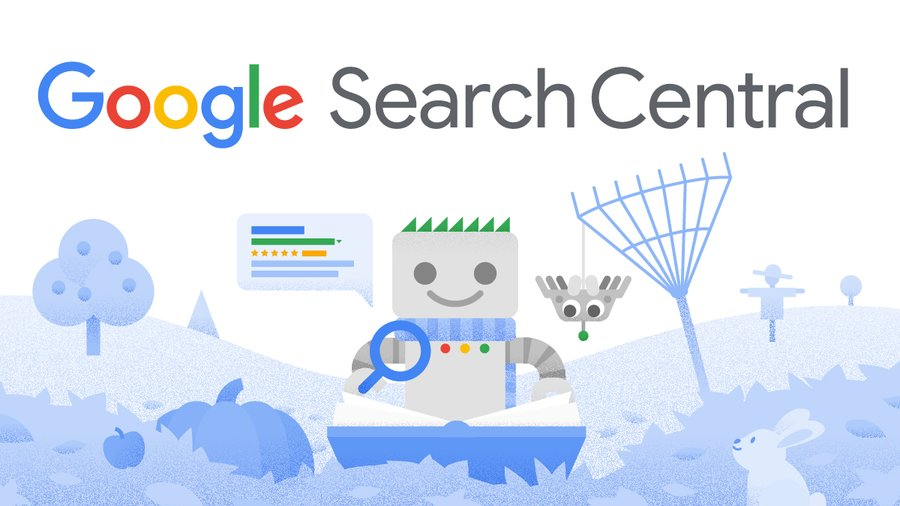
UPDATE: Day Two of the March Core Update
Two days ago, Google announced two significant algorithm updates in a single day and while the update is still rolling out, we are already seeing wide scale impact within the SEO industry. Anyone watching their social media streams yesterday (6th Match 2024) will have seen an endless number of people reporting that a website they were working with had either seen a negative impact either directly through the update itself or via manual action – a penalty attributed to a website manually by Google’s webspam team.
The majority of websites being targeted by both the algorithm update and manual actions seem to fit the profile of the types of website that Google had called out within their announcement, with many using LLMs (Large Language Model) to automatically generate large numbers of pages without any oversight.
This practice, known as programmatic SEO has been on the rise over the last two years – mostly driven by the rise in popularity of generative AI such as ChatGPT. While there are some use cases for programmatic SEO, such tactics are easy to get wrong and result in low quality content being published at speed.
Looking at the individual reports from webmasters, it’s clear that there are a number of vertices currently being impacted, with websites within the Travel, Healthcare & Finance, along with a large number of affiliate and dropshipping websites reporting a loss of rankings and traffic.
The fact that Google have also taken a manual action approach to this suggests that the update’s haven’t quite had the intended impact that they were hoping for and we could see revisions being made in the near future.
Accelerate has yet to see any large scale impact within the SAAS industry, with clients only experiencing the expected daily fluctuations we have all come to expect. We will continue to keep our clients and the industry updated on our findings.


